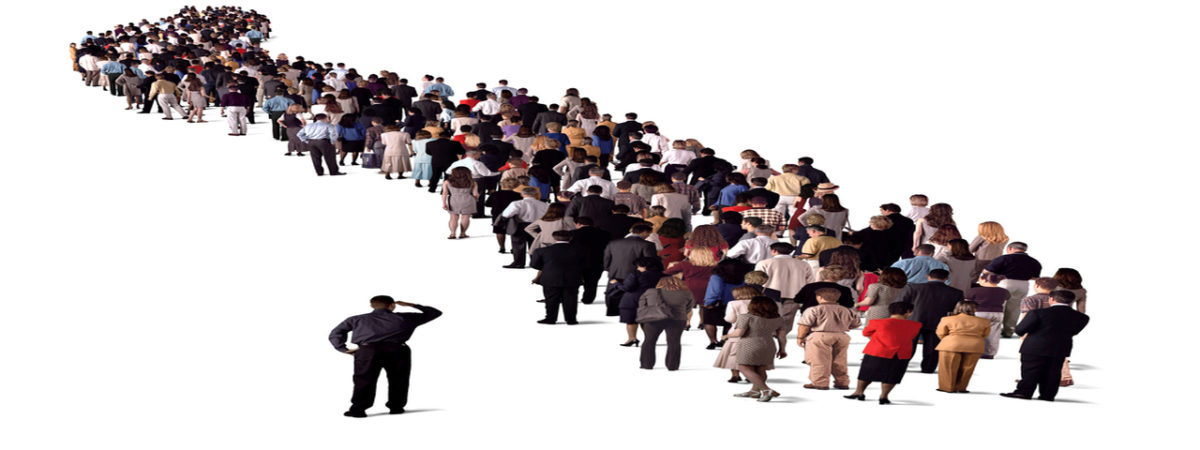There’s no free lunch – and no free doctor’s appointment either
SUGGESTED



New Zealand has a General Election coming up on 23 September. Last week, Jacinda Ardern, the new leader of the New Zealand Labour Party, sent me an email (nothing personal: I am on a Labour Party emailing list) announcing a new health policy. She promised that a Labour government would “lower the cost of every GP visit for every New Zealander by $10 from July 2018”.
I don’t see how she can.
She cannot reduce the cost of supplying GP services. Doctors must be paid, premises rented, equipment bought or leased. These costs cannot be eliminated on the say so of a politician. Even if Ardern passed a law enslaving doctors, so that they worked for no pay, the cost would not have been eliminated; it would simply have been imposed on the doctors themselves.
Though her email didn’t say so, I figure she plans to reduce what people pay to visit GPs, not by enslaving doctors, but by further subsidising visits to a GP with taxpayer’s money. But then she still won’t have reduced the cost of visiting a GP. She has simply relocated the payment. Instead of paying at the GP’s reception, you will pay through your taxes.
That’s not quite right. Your tax bill won’t go up by $10 for each visit you make to a GP. Rather, your tax bill will depend on your income, and will bear no relation to how often you visit the GP. Going to the GP will be cheaper for those who do it, even if the cost of supplying it is unchanged. So people will go to the GP more than they now do, and the total amount of money being spent on GPs will increase.
Of course, encouraging more GP visits and, hence, spending more altogether on GPs is the goal of the policy. In the email she wrote me Ardern said that “last year an estimated 500,000 people didn’t go to the doctor when they needed to because they couldn’t afford it”.
But since taxes will increase to fund the policy, it will reduce the money people have left over to spend on other things. The number of people who do not go to a GP because they cannot afford to will decrease. But the number of people who do not visit their mother because they cannot afford to will increase; the number of people who do not buy their child extra maths tutoring because they cannot afford to will increase; the number of people who do not eat lamb because they cannot afford to will increase; and so on and on.
The only way to reduce the number of things people do not do because they cannot afford to, is to make them richer. Ardern’s policy does not increase our wealth. It simply forces us to spend it on visiting GPs rather than other things. It is not a gift but an imposition.
Some people will be better off under Ardern’s policy: namely, those on low incomes whose tax bill does not increase but who find it cheaper to visit a GP. But they would be even better off if, instead of subsidising GPs, Ardern’s would-be government gave them extra cash. They could use it to buy healthcare if that was their priority. If not, they could use it to buy something more important to them.
The real beneficiaries of state funded services – such as broadcasting, education and healthcare – are not their users but their suppliers. If we were taxed less and the poor received cash from the government rather than state services, we could spend according to our own preferences. We might not buy as much Radio New Zealand or secondary schooling as is now supplied from our taxes.
This helps to explain why state sector workers are such enthusiastic supporters of the Labour Party and policies like Ardern’s increased GP subsidy. The beneficiaries of an extortion racket will always want to see it expand.
4 thoughts on “There’s no free lunch – and no free doctor’s appointment either”
Comments are closed.





You don’t get it. Tax payers money should be used because tax payers use the service.
D A WATTERS – Let’s be frank and blunt: they don’t give a monkey’s! They are just 100% vehemently against a truly universal health care system. That’s the cold truth. Many won’t even deny it (though most would). If these people could do away with the NHS as a truly free-at-the-point-of-use system, they would do it in a heartbeat.
“If we were taxed less and the poor received cash from the government rather than state services…”
…you would get benefit dependency. You’re advocating socialism by other means.
What he hasn’t mentioned is that in NZ, when the government chucks an extra $10 subsidy towards these consultation fee, the doctors keep the fee the same and pocket the $10 to subsidise their golf club membership.